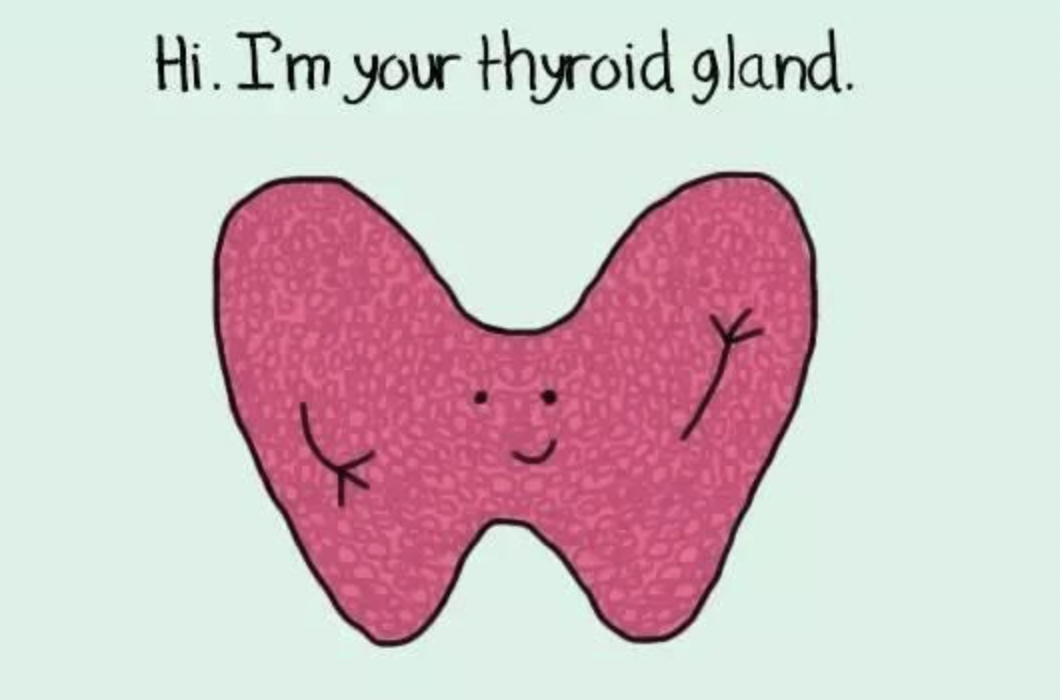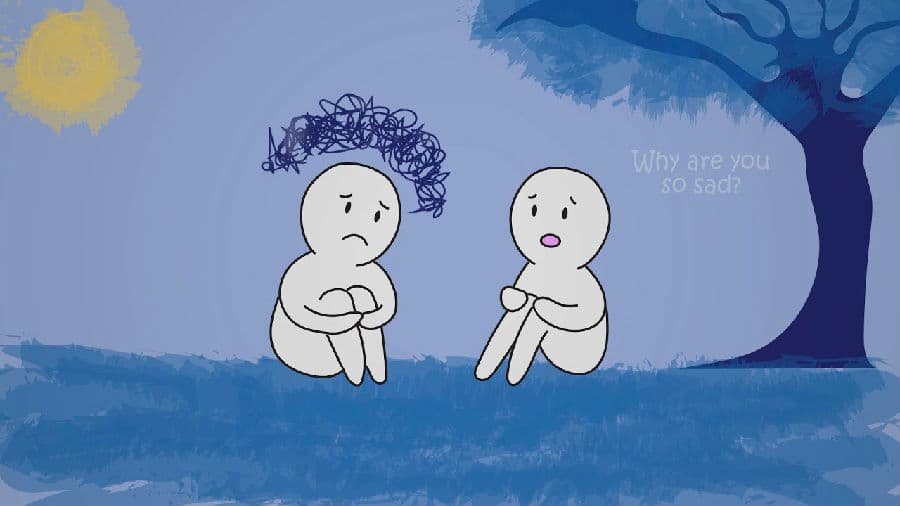Depression can manifest as single or recurrent episodes of depressive symptoms, characterized by significant and persistent feelings of low mood. Clinical presentations may include a sense of sadness disproportionate to the individual's circumstances, ranging from feeling down and gloomy to extreme despair, self-deprecation, and even a pessimistic view of life. Some individuals may experience anxiety and restlessness, while severe cases may present with hallucinations, delusions, and other psychotic symptoms.
So, what exactly is depression? Initially, depression referred to a range of emotions, but it has since become the name of a medical condition: major depressive disorder. While sadness, grief, and low mood fall within the emotional spectrum, depression encompasses much more.
Let's take a glimpse into the world of someone with depression.
As the sun rises and the curtains are drawn, everything appears gray and hazy to individuals with depression. With a diminished sensitivity to their surroundings, they gradually lose their ability to perceive things. It's like having a meal without any seasoning – bland, helpless, and melancholic.
Summoning the courage to step outside, they find themselves reluctant to engage in conversations. They feel utterly inadequate, with no interest in aspects such as gender, appearance, wealth, or fame.
In their world, there are only shadows and themselves.
At work, their minds, which were initially resistant to any activity, are compelled to function. This state of detachment not only makes their workdays feel excruciatingly long but also leads to numerous challenges.
Gradually, they start doubting themselves, feeling more insecure, and becoming increasingly anxious. Consequently, they may avoid going to work, and their connection with the outside world slowly fades.
Finally back home, exhausted and longing for sleep, the night for individuals with depression is much longer than for others. Often, they struggle to find restful sleep, and even when they do, nightmares quickly jolt them awake, filled with fear.
Upon waking up, their minds are filled with negativity – "What will tomorrow bring? Why should I continue suffering?"
Life goals, desires, dreams, affirmation, understanding, recognition, and support – all of these vanish, leaving their lives colorless.
They feel trapped in a small dark room, with nobody witnessing the torment within. No matter how much they cry for help, nobody extends a helping hand.
Like someone stuck in a swamp, they grasp at every straw but find nothing to hold onto. It seems that only death can bring relief.
The symptoms of depression need to be assessed from four dimensions: psychological, cognitive, physiological, and behavioral. Relying on a single dimension alone is insufficient.
Psychologically, depression is often associated with feelings of unhappiness, frustration, and despondency. While these emotions are not equivalent to depression, they create a fertile ground for its development.
Life tragedies such as divorce, bereavement, romantic disappointments, and disabilities act as a series of heavy trucks, repeatedly running over people's spirits, making it difficult to withstand. Even if they manage to endure, their mental well-being suffers, and their positive emotions descend into darkness, despair, and desolation – the perfect breeding ground for depression.
Cognitive aspects encompass three elements: sensation, perception, and attention.
Let's start with sensation, which involves the reception of external stimuli through our senses. When sensation is impaired, the information received becomes distorted.
For individuals with depression, a beautiful blue sky, once perceived, immediately loses its vibrant colors, turning dull and gloomy – a suffocating experience. Their perception of the world differs from yours.
Next is perception, responsible for processing the information received through sensation. In a healthy individual, perception relies on sensation to interpret the collected information. But how does perception work for someone with depression?
Auditory hallucinations. Although their ears do not hear any sound, their brains create the perception of hearing voices saying, "Why don't you just die?" or "What's the point of your existence?"...
These individuals genuinely believe they hear such voices, and it deeply affects them. Subsequently, attention becomes challenging for them.
Ordinary individuals can capture the essence of a conversation, including the unspoken meaning behind the words. However, individuals with depression struggle to focus and grasp the underlying layers of communication. Their thoughts either linger on a previous question or remain immersed in their own world. If you tap their shoulder to bring them back to the present, they may have a momentary realization before sinking back into their thoughts.
Physiologically, insomnia is the most prominent manifestation in individuals with depression, tormenting approximately 77% of those affected.
Imagine being so exhausted that you're on the verge of collapse, with every cell in your body screaming, "I need sleep," yet your brain hits the automatic replay button, replaying regretful memories.
The overwhelming self-blame and guilt become a mountain that suffocates you.
Regarding behavior, when depression steals their energy and cognitive abilities, their bodies become heavy as if immersed in cement. They gradually lose the motivation to move or engage in any activity.
They hide away at home, sitting or lying down, not eating, not drinking, not speaking – resembling lifeless bodies.
They are not lazy; they are simply helpless, unable to control their actions. Deep down, they desperately yearn for someone to help them escape the swamp.




